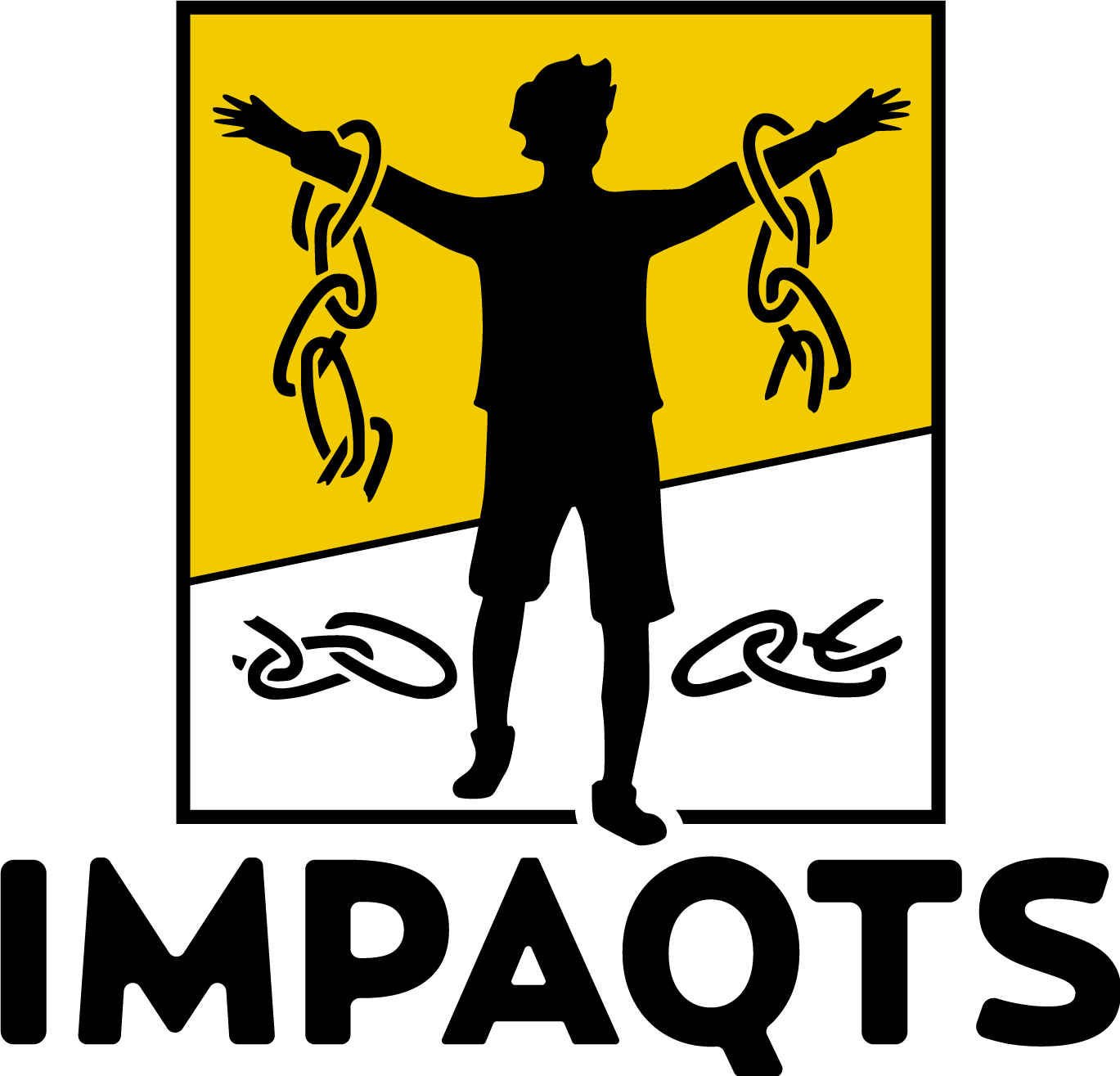Content
Sobriety fatigue can last a few weeks to a few months. However, in severe cases of post-acute withdrawal, symptoms can last up to two years. People new to recovery can find themselves approaching their new diet, exercise program, job, and even participation in support groups with a compulsion that echoes addiction. One common mistake for those who are new to alcohol and drug recovery is substituting a new compulsive behavior for their old one. Depending on the type of dependency, PAWS can last from six months to two years after you stop using drugs or alcohol. This article discusses what sobriety means and describes strategies that can support your long-term recovery.
Such symptoms are often related to mood and may include irritability, anxiety, depression, sleep problems, and fatigue. It may help to pick a quit date, or a day when you choose to discontinue use of alcohol or drugs. It’s also helpful to change your environment—for instance, sober alcoholic avoid going to bars. Other definitions, however, often focus on the process of recovery and developing coping mechanisms and habits that support health and wellness over the long term. Total abstinence may be the goal, but the reality is that setbacks are common.
Build Healthy Relationships
More importantly, drinking in moderation just doesn’t come naturally for everyone. If you slip into heavy or binge drinking, potential health benefits can quickly become outnumbered by averse affects. You likely won’t gain a bunch of weight overnight if you’re a light drinker, but heavy drinking over time can make you pack on some pounds, even lead to obesity. Overeating is more likely after a few drinks, too. Sober does mean not drunk in the simplest terms. If you’ve cut out other substances along the way, you may prefer describing your journey as living “clean” rather than just sober.

You may want to reflect on this list when you feel cravings to drink. The social drinkers, problem drinkers, high-functioning alcoholics, dry drunks, and sober alcoholics. For a close look, you can use these terms to identify a tiered system of drinking patterns and behaviors. There are many reasons a person in recovery may decide to drink again.
Success Story: An Amazing Journey to Sobriety
Lucky for you, bars and clubs across the country are starting to understand that not everyone who comes out for the night is looking to get drunk. Many locations are starting to offer amazing non-alcoholic drinks. Now, we’re not talking about your Granddad’s O’Douls here. Many craft breweries are making great non-alcoholic beers, wineries are turning out non-alcoholic wines, and many mixologists are cooking up amazing cocktails without the alcohol. If you’re sober curious or just looking to cut back on your drinking, you have options. The non-alcoholic beverage industry has been trending hot over the last couple years with alcohol-free alternatives to beer, spirits, and wines that taste just like the real thing.
Are you still an alcoholic if you are sober?
Being clean can be the equivalent of being a dry drunk or white-knuckling your sobriety. Just because someone is clean does not mean that they have treated their alcoholism. Stopping drinking is only the first part of an alcoholic's problem.
If we got into an argument, the resolution typically came after weeks of not speaking to each other. I do not remember ever experiencing feelings as I do today. I recollect, even as a preteen, prior to my drinking career, not being able to feel sorrow at my Grandmother’s funeral, forcing myself to cry just to fit in with the family. I was, as an adult, still unable to have or express feelings with my wife, leading to a very distant relationship lacking emotional intimacy.
Sobriety in AA: Since getting sober, I have hope
Read our editorial process to learn more about how we fact-check and keep our content accurate, reliable, and trustworthy. Long-term sobriety is a relative term—it means different things to different people. But many people consider https://ecosoberhouse.com/ long-term sobriety to be sobriety that has lasted at least one year. Learn that you have choices and that you can maintain control. If any area of your life is out of control, it will not help you maintain lasting sobriety.
What do you call an alcoholic who is not drinking?
Teetotalism is the practice or promotion of total personal abstinence from the consumption of alcohol, specifically in alcoholic drinks. A person who practices (and possibly advocates) teetotalism is called a teetotaler or teetotaller, or is simply said to be teetotal.
Every morning I would awaken with fear of going to work. My tremors would be so bad that at times I could barely sign my name, never mind perform the necessary skills for my profession. My hands would sweat so much that I could barely don sterile gloves.
